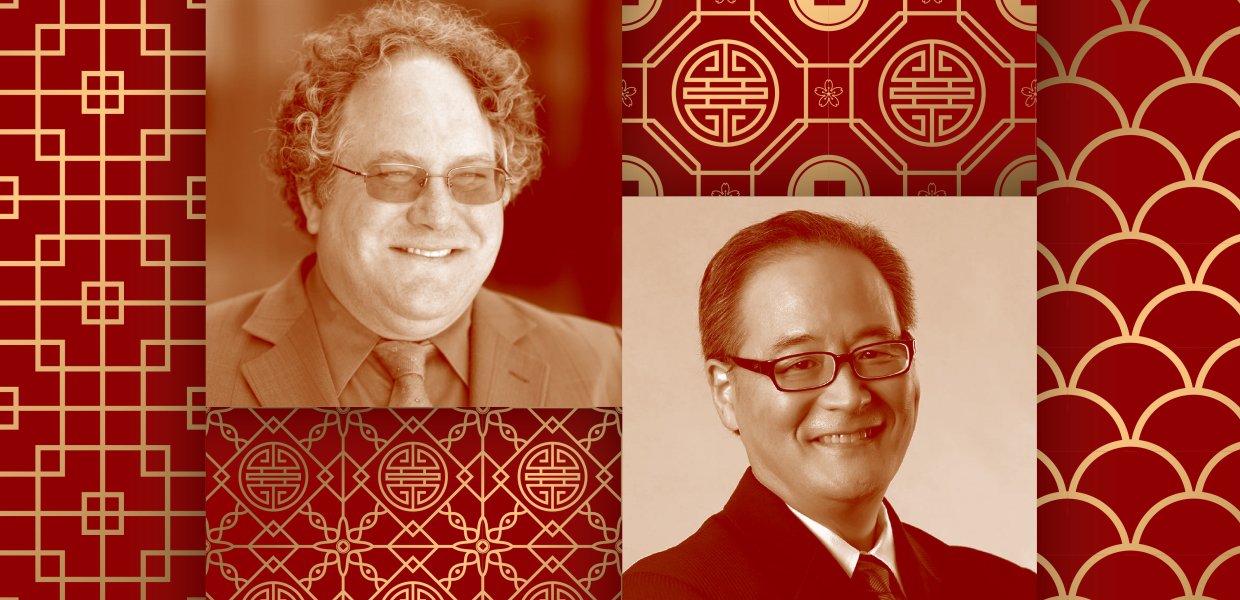Dean Willow Bay has appointed USC senior communications leader Glenn Osaki to succeed Clayton Dube, who is retiring as director of the USC U.S.-China Institute (USCI).
Founded in 2006, the institute advances mutual understanding between the U.S. and China through educational, professional and cultural exchange that is student-centered and industry-engaged. Specifically, USCI provides: research and collaboration opportunities for students and scholars; tailored training, career services and supportive networks for diverse student groups and alumni; and partnership for industries of practice.
“This era of transformational change requires cross-cultural collaboration,” Bay said. “Leveraging the breadth and depth of USC Annenberg’s expertise and networks, USCI is the ideal platform to help global journalists, communicators and creators navigate the dynamics of new media and culture that are shaping the U.S and China. We support our students and alumni around the globe with programs that build meaningful bridges across academe, industry and community.”
For the last five years at USC, Osaki served as senior vice president and chief communications officer, and senior advisor to the president, international communications and marketing. He spearheaded the university’s approach to global branding and international thought leadership, elevating USC’s visibility and reputation throughout Asia, Europe, Latin America and Africa.
Osaki was based in Shanghai for 15 years prior to joining USC, serving as Asia Pacific president of MSL, the flagship strategic communications and public affairs consultancy of Publicis Groupe.
Osaki serves on a number of industry and community boards, including the USC Annenberg Center for Public Relations and the USC Asian Pacific Islander Faculty and Staff Association. He received his MA in public relations from the USC School of Journalism in 1987.
“The critical role that the USC U.S.-China Institute plays in advancing mutual understanding between these two nations has never been more important,” Osaki said. “I am honored to take on leadership of the institute from such a respected expert as Clayton Dube. Building upon the institute’s strengths in academic research and educational programs, I will strive to deepen its service to students and engagement with industry.”
Under Dube’s leadership, USCI became an authoritative resource for scholars, policy makers, government officials, and journalists seeking information on research, trends and issues related to China and its relationship to the U.S. Though retired, Dube will continue to be involved with USCI as a member of its Executive Committee and as a senior fellow.
“Glenn Osaki has vital experience working between the U.S. and China,” Dube said. “He’s a collaborative and innovative leader. No bilateral relationship is as complex or as important as the U.S.-China relationship. USCI has worked to foster deeper understanding of the many ways the U.S. and China are intertwined. We’ve done this through student and faculty research, our student-driven magazine (US-China Today), our documentaries such as Assignment: China, our public conferences and talks, and our training programs for K-12 educators and others. It’s been a privilege to be a part of these efforts and I look forward to the initiatives to come.”
